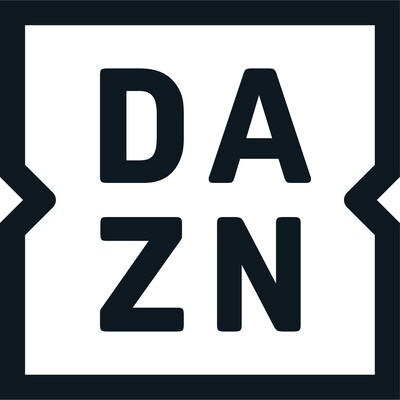SINGAPORE: A Protection from Online Falsehoods and Manipulation Act (POFMA) correction direction was issued to the Anti-Death Penalty Asia Network (ADPAN) on Wednesday (Oct 9).
The Ministry of Home Affairs (MHA) said that ADPAN made false statements claiming the government carries out executions without regard for due legal process.
It also falsely claimed the government targets, silences and harasses the Transformative Justice Collective (TJC) and other individuals for speaking up against the death penalty.
These falsehoods were carried in ADPAN’s Facebook, Instagram and LinkedIn posts on Oct 3.
MHA said the government takes a “serious view of the deliberate communication of falsehoods”.
It added that the government “does not target, silence and harass organisations and individuals simply for speaking out against the death penalty”.
“Action is taken against organisations and individuals who spread false information about the death penalty, where it is in the public interest to do so.”
TJC has been issued with several POFMA correction directions in relation to its false statements about, among others, the purported arbitrary laws and processes relating to the death penalty and its implementation, said MHA.
“In every one of the cases, the government had assessed that it was in the public interest to issue the correction directions as the false statements cast serious aspersions on the government and the criminal justice system, and could undermine public confidence in public institutions.”
ACCORDED DUE PROCESS
The ministry said an execution will only be scheduled when a prisoner has exhausted all rights of appeal and the clemency process in relation to his or her conviction and sentence.
This was so in the case of Mohammad Azwan Bohari, who ADPAN referred to in its social media posts, said MHA.
In 2009, Azwan was convicted and sentenced to five years’ imprisonment and five strokes of the cane for trafficking methamphetamine and diamorphine.
He was also convicted for consumption of methamphetamine and morphine, and possession of cannabis, cannabinol derivatives and diamorphine, on the same occasion, said the ministry.
He was released from prison in October 2014.
Azwan was again arrested on Oct 17, 2015 for drug trafficking and underwent trial in the High Court for this new capital drug trafficking offence.
“Azwan was accorded due legal process. At Azwan’s trial, the prosecution called witnesses to prove the trafficking charge, and presented Azwan’s statements recorded by officers from the Central Narcotics Bureau, where he admitted during investigations that all the drugs were meant for sale.
“However, during the trial, while Azwan did not dispute that the drugs found in his possession belonged to him, he denied that all the drugs were for the purpose of trafficking.
“His defence was that he was a drug addict, and would normally set aside 50 per cent of the drugs he obtained for his personal consumption; the other 50 per cent would be sold to finance his drug habit,” said MHA.
Under Section 17 of the Misuse of Drugs Act, anyone who is proven to have in his possession more than certain threshold amounts of controlled drugs is presumed to have those drugs in his possession for the purpose of trafficking.
However, even where the prosecution relies on this presumption, MHA said the prosecution still bears the legal burden of proving the material elements of the charge beyond a reasonable doubt.
“The use of such presumptions is only an evidential tool to prove certain elements of an offence after a predicate fact has been proven by the prosecution.
“Further, this presumption can be rebutted if the accused person is able to show, on a balance of probabilities, that he or she was not trafficking in drugs.”
Azwan attempted to rebut this presumption at trial. However, the High Court found that “(not) only were details lacking, it was raised too belatedly to have any persuasive value”.
The High Court found that Azwan’s claims at trial were contradicted by his detailed admissions in his statements to CNB officers.
The High Court considered the evidence at trial and the arguments put forth by the prosecution and Azwan’s lawyers, and was “satisfied that the prosecution had proved its case beyond a reasonable doubt against Azwan”.
On Feb 11, 2019, Azwan was convicted and sentenced to death for possessing not less than 26.5g of diamorphine, also known as pure heroin, for the purpose of trafficking.
His appeal against his conviction and sentence was dismissed by the Court of Appeal on Oct 24, 2019, while his applications for clemency were denied by the president on Mar 23, 2020 and Jun 15, 2022.
An article on the government website Factually elaborates further on the due legal process accorded to Azwan at all stages.
He was only scheduled for execution when he had exhausted all legal processes in relation to his conviction and sentence, said MHA.
The ministry added that Azwan was scheduled for execution on Oct 4 because his pending civil application had “no bearing to his conviction and sentence”.
“The last-minute application to seek a stay of execution on the basis of this pending application was dismissed by the Court of Appeal, and his execution was carried out in accordance with the law.”
ADPAN will be required to carry a correction notice on its Facebook, Instagram and LinkedIn posts.







